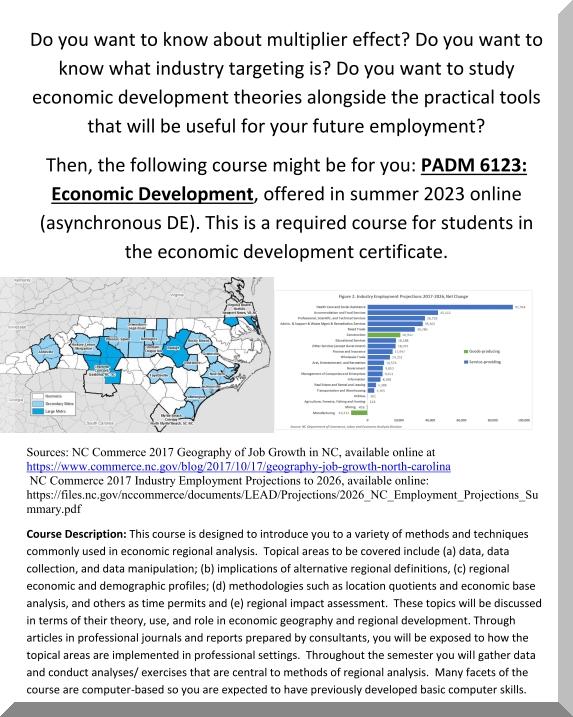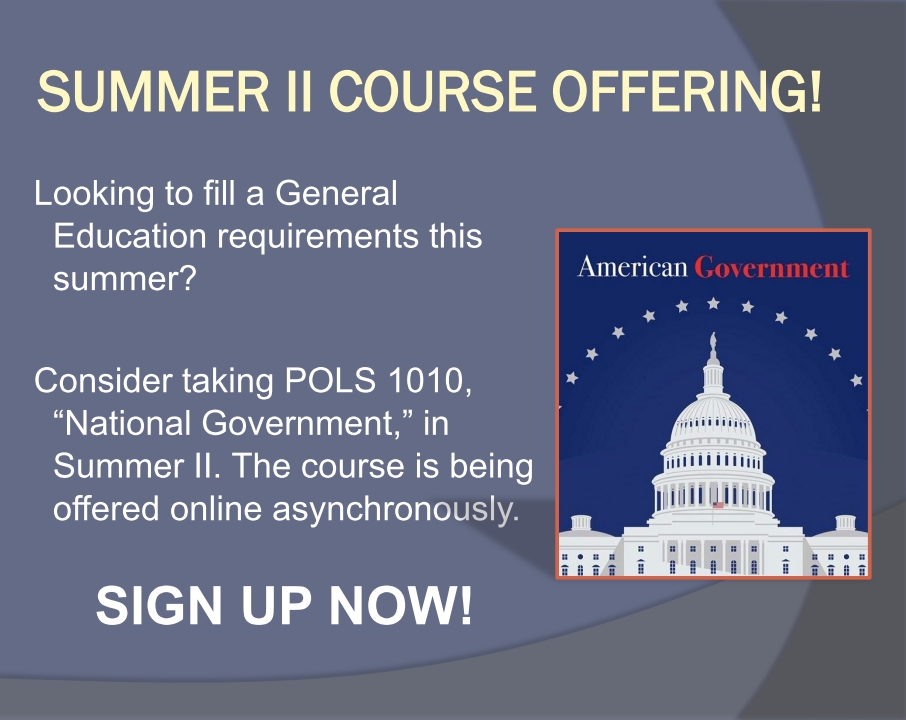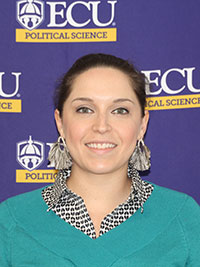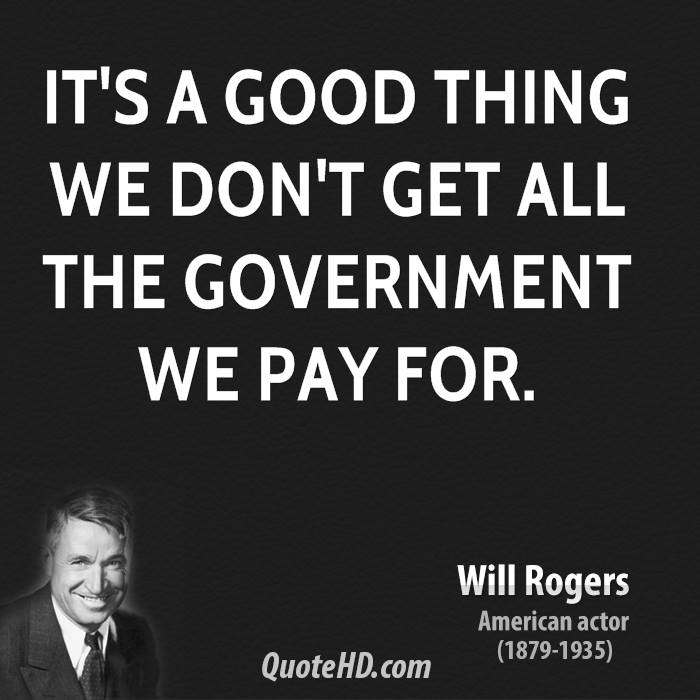The Department of Political Science and its Security Studies program are thrilled to announce that the Oak Foundation has continued its generous support! This year’s contribution will allow us to continue scholarship programs for Security Studies undergraduate, graduate, and study abroad students.
The funds will also be used to resume a speaker series that brings Security Studies professionals to campus to talk to our students. Finally, the Oak Foundation funding will help pay the costs for faculty members and students to attend professional conferences to present their research.
The Department of Political Science and its Security Studies program are thrilled to announce that the Oak Foundation has continued its generous support! This year’s contribution will allow us to continue scholarship programs for Security Studies undergraduate, graduate, and study abroad students.
The funds will also be used to resume a speaker series that brings Security Studies professionals to campus to talk to our students. Finally, the Oak Foundation funding will help pay the costs for faculty members and students to attend professional conferences to present their research.







